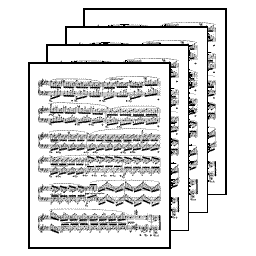The Song Cycle was developed in Germany during the early 19th century. Song Cycles are groups of songs with musical accompaniment. The lyrics are often taken from poems or the works of a single poet and based on a theme such as life, music, nature, or even love. Song Cycles can pertain to most any topic. The songs of the cycle will usually be founded harmoniously in the same key or closely related keys (refer to, Chords & Keys / Enharmonic)
Composers known for the use of song cycles are Hugo Wolf, Schubert, Schumann, and others. Schubert's gift for matching music to lyrics can be heard in masterpieces such as 'Wintereise.' His true successor is Schubert with his work on '1840,' written and inspired entirely for his wife Clara Wieck, also a competent musician.
More recent occurrences of the Song Cycle can be heard in works by English composers like Britten, Tippett, or in Janacek's 'Diary of One Who Disappeared' along with Vaughan Williams giving song cycles new international exposure.
Romantic Song Cycle
'Wintereise'
Composed by Frank Peter Schubert 1827
Modern Song Cycle
'Circles'
Composed by Luciano Berio 1960
1816
1827
1840
1841
1869
1891
1894
1898
1909
1912
1943
1948
1950
1960


